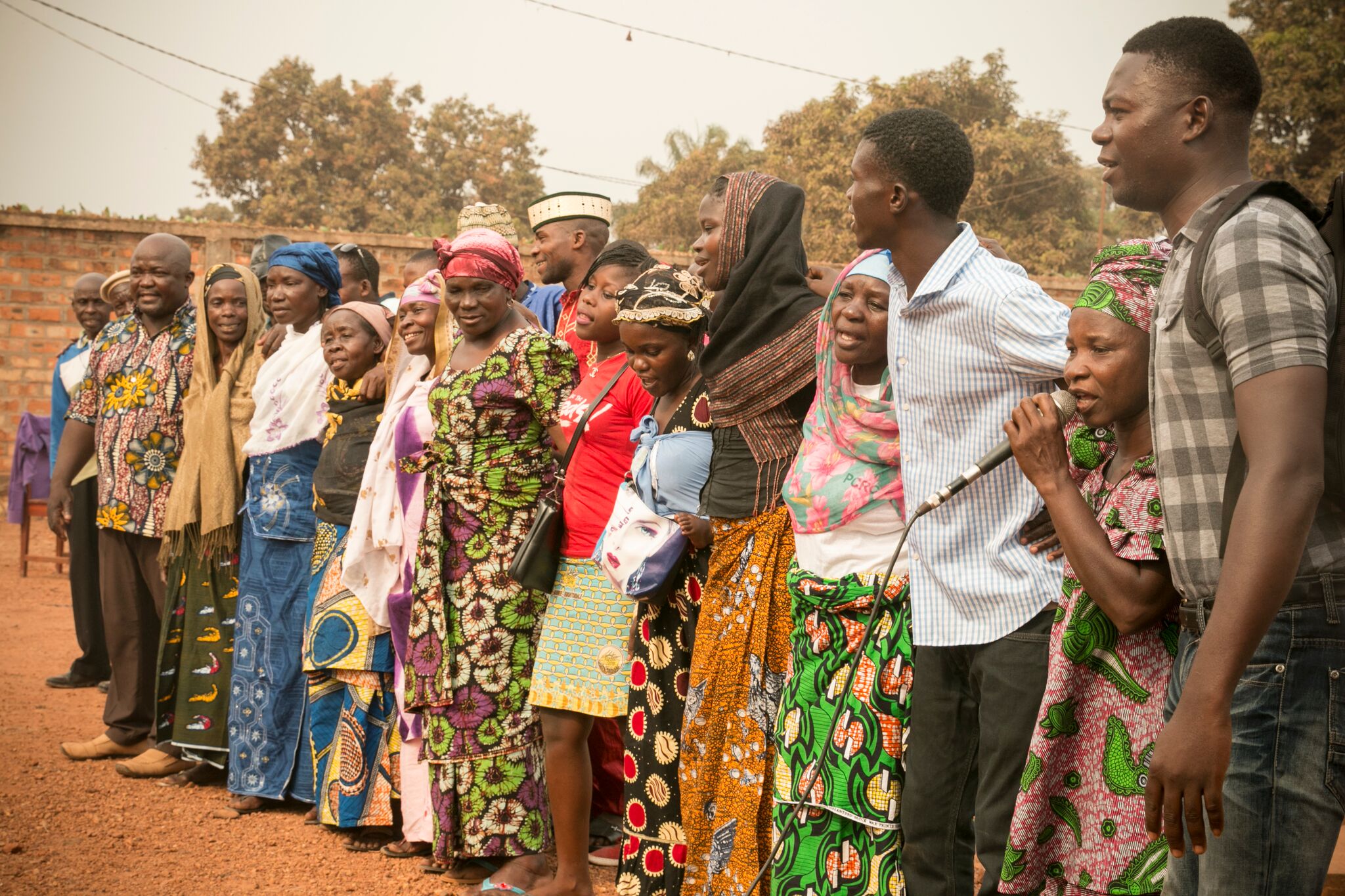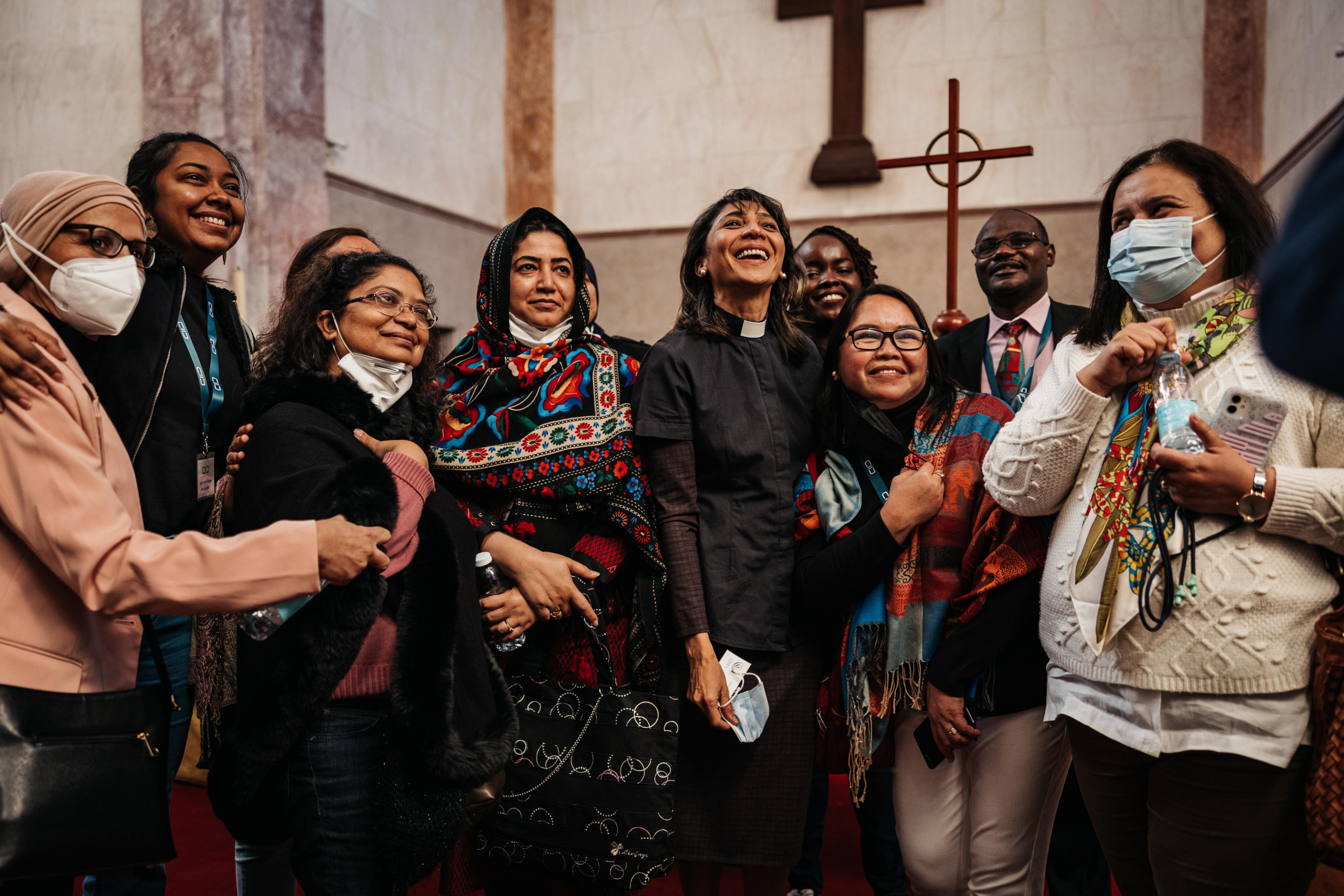Dialogue Voices
The Dialogue Voices are personal accounts of interreligious commitment and experience. They show approaches to, and forms of, interreligious dialogue, and its impact and context on a local, national, or global level. They represent a cross-section of dialogue experiences and its impact worldwide.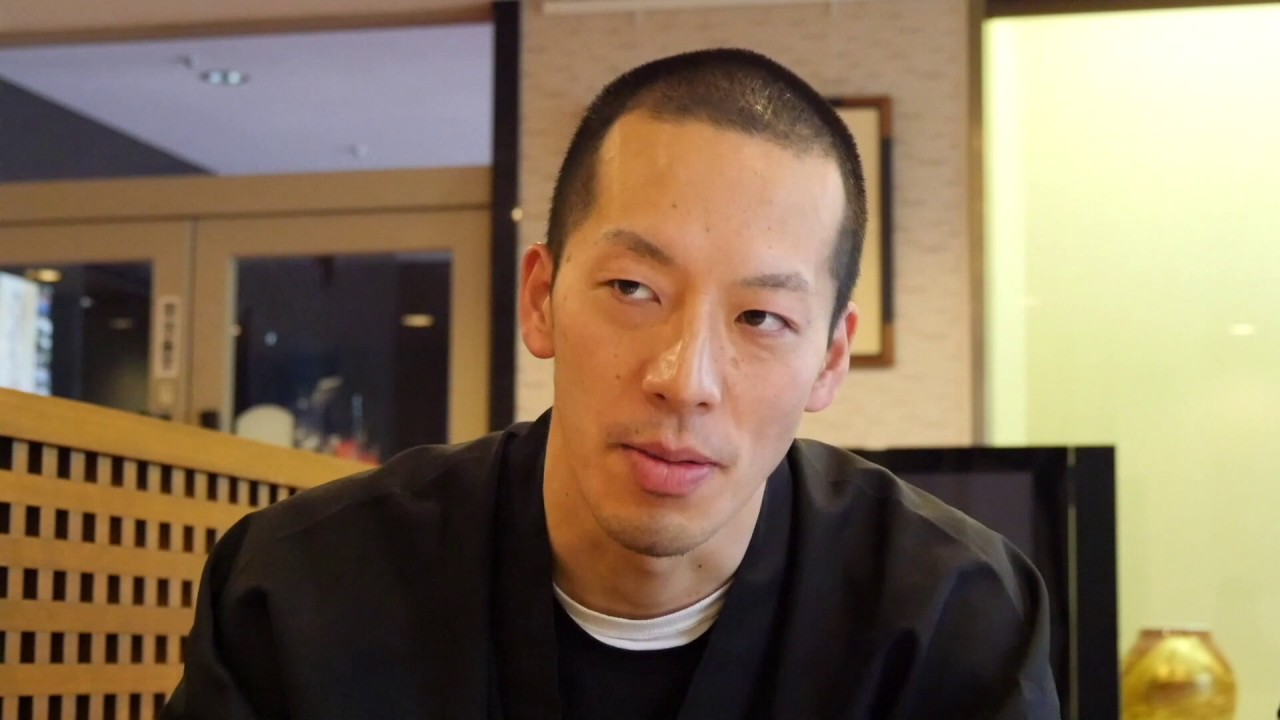
Creating true friendships through coming together in Japan
Elgen Onishi talks about what he hopes to accomplish through interfaith dialogue and what he would like to focus on with interfaith dialogue.
Elgen Onishi explains that he would like to focus on more real actual activities such as volunteer work in order to help people. He believes that the topics of focus of the Kiyomizu-der Temple in interfaith dialogue should be simple. For example, living together, or how we can form friendships. Elgen Onishi would like his impact to be focused on creating true friendships through coming together and sharing a moment rather than the topic of discussion itself.
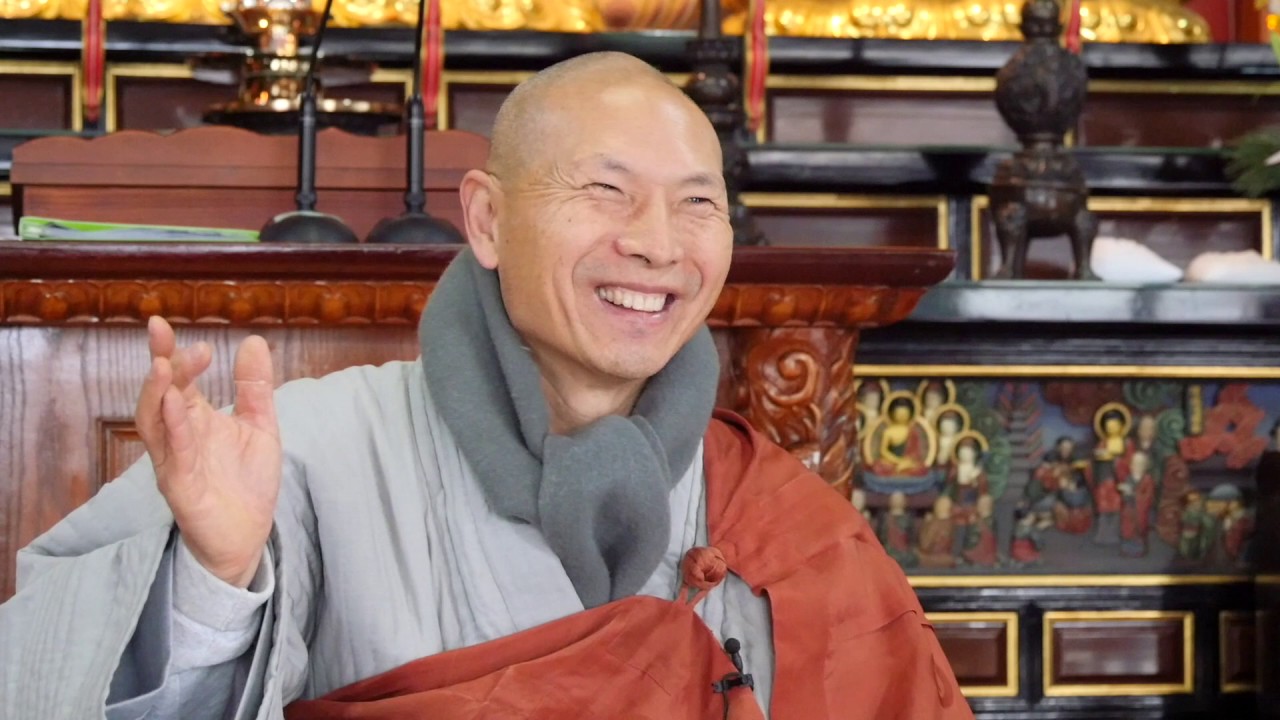
Creating a culture of peace in South Korea
Jinwol Lee speaks about creating a culture of peace and explains the reason behind the initiative’s name.
Jinwol Lee is a Buddhist monk and co-founder of United Religions Initiative. This initiative tries to create a culture of peace, justice and healing for all. Not just for human beings but for all sentient beings. The acronym for United Religions Initiative is URI or as Jinwol Lee puts it, “you are I”’ or I am you.
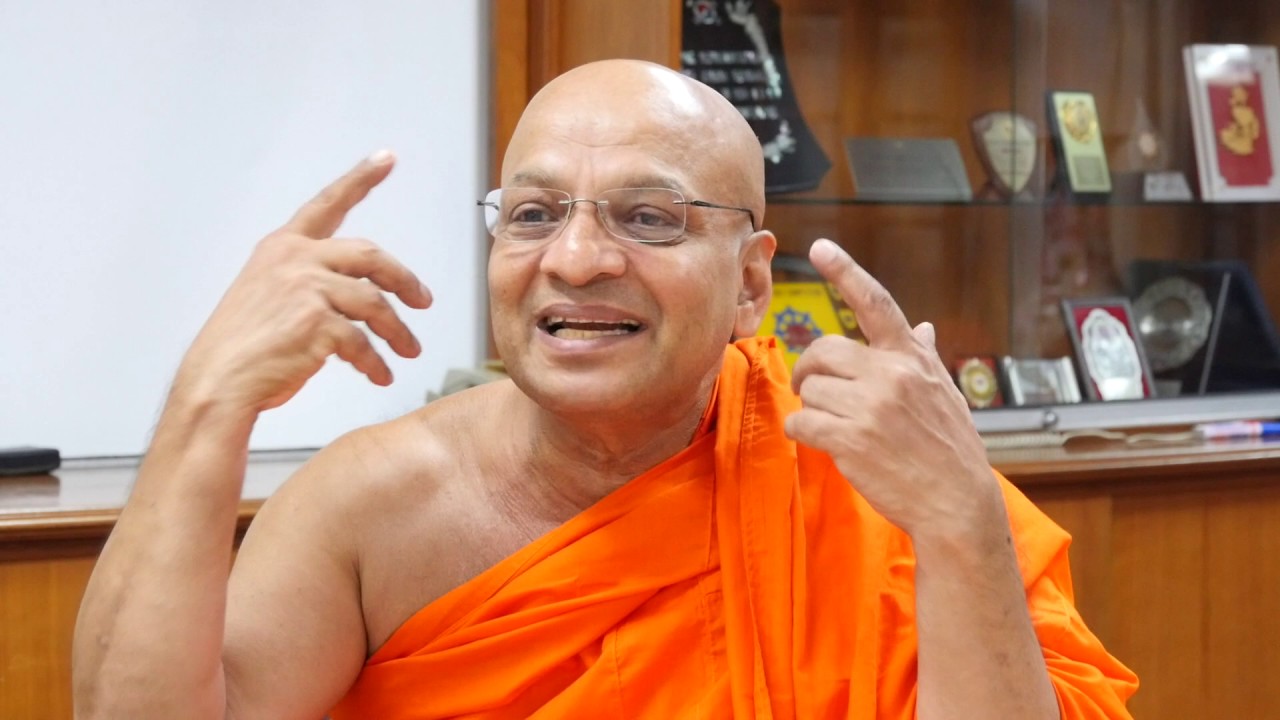
Complementing each other’s religions in Malaysia
Datuk K. Sri Dhammaratana speaks about interfaith action that he has implemented, the best way to interact in an interfaith environment and his hope for the future.
Datuk K. Sri Dhammaratana speaks about organizing a play acted out by individuals from different religions. In his opinion the best way to act in an interfaith environment is to complement each other’s religions. As human beings we are only here for a short time, so therefore we should try to do good things. Datuk K. Sri Dhammaratana hopes that for the future people will learn to respect religion through understanding.
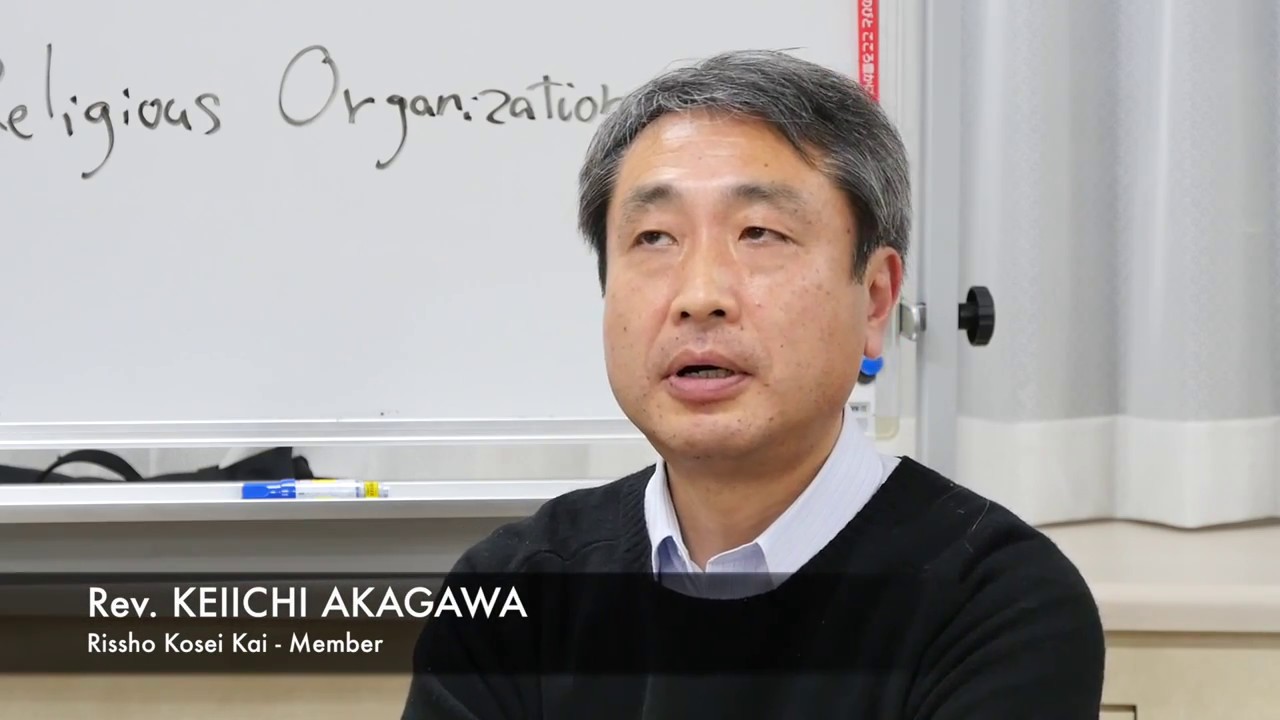
Impact of interfaith experiences in Japan
Keiichi Akagawa speaks about his first interfaith experience and an interfaith experience that had a particular impact on him.
Keiichi Akagawa’s first interfaith experience dates back almost thirty years ago when he was working at the Religions for Peace office in Geneva, Switzerland. He was impacted by the people of different faiths whom he met while working there which caused him to develop a respectful attitude towards the faiths he was exposed to. Keiichi Akagawa recalls a youth interreligious dialogue summer camp in France that had a particular impact on him where he learned that people of different faiths can live together despite their differences and that respectfulness starts with listening.
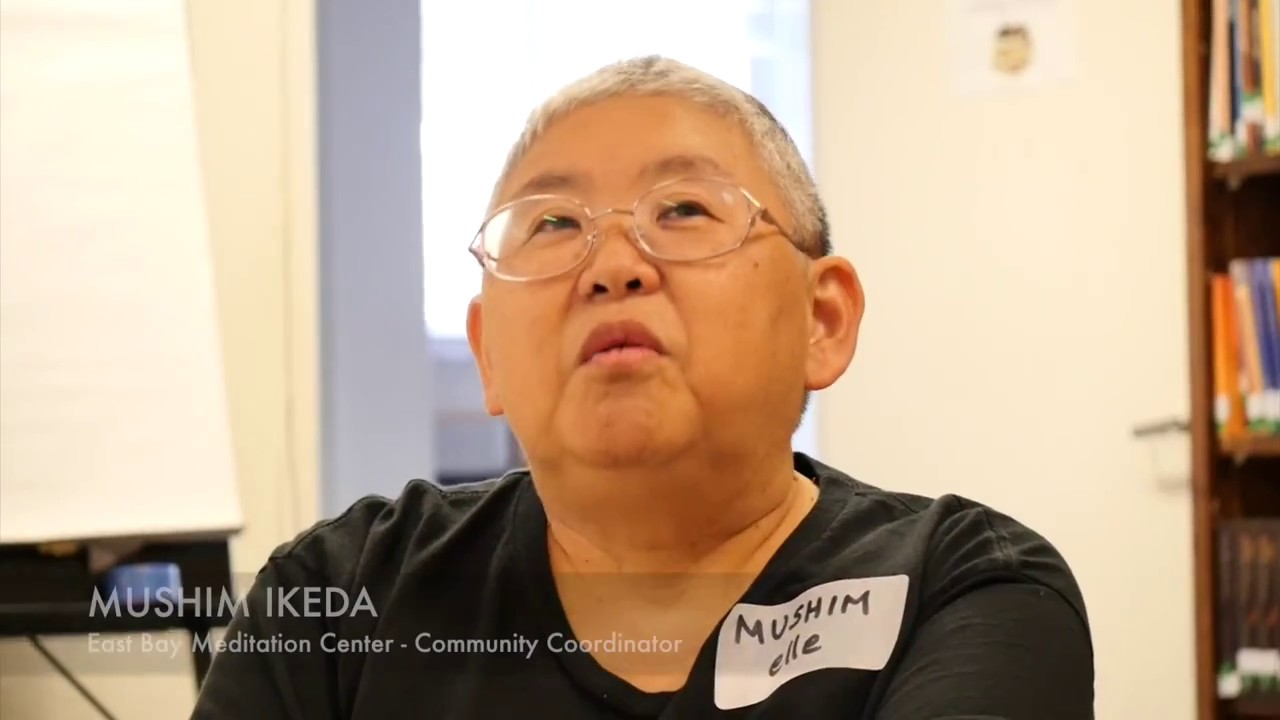
Meditation and spiritual teaching at East Bay
Mushim Ikeda speaks about her background and how she got involved in interfaith activities. She also talks about the vision and mission of the Easy Bay Meditation Center.
East Bay Meditation Center is a center that focuses on meditation and spiritual teachings from Buddhist and other wisdom traditions. The vision and mission of the center is that all are welcomed at the center but there is a particular focus on serving those coming from underserved communities. The other part of the centers mission is to bring together different faith traditions and cultures, even those who have no faith. What makes the East Bay Meditation Center different from other Buddhist centers is that their teachers also focus on social justice and the history of social justice.

